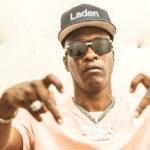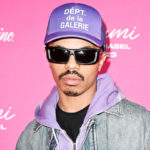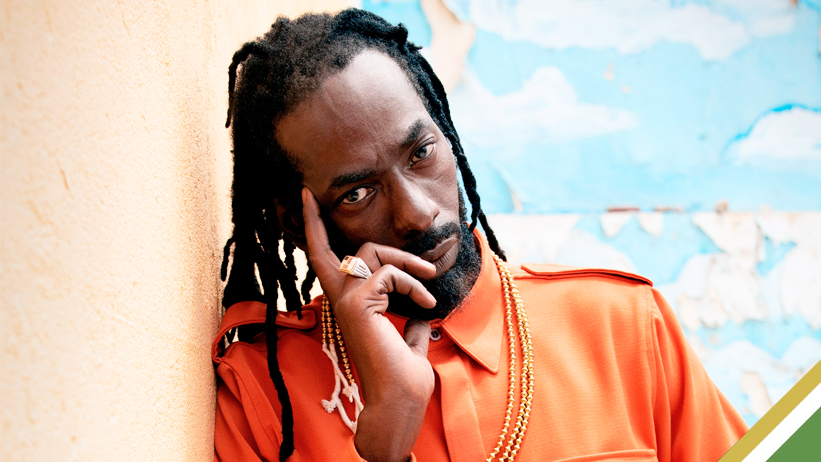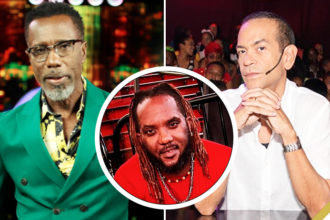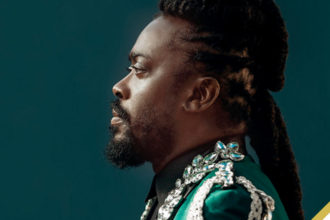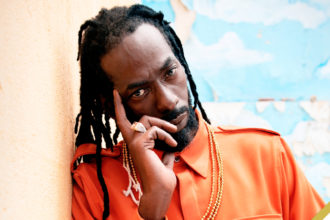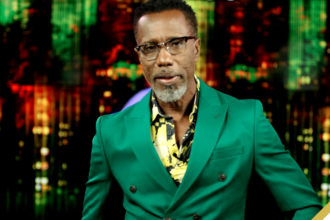Prominent reggae icon Buju Banton has chosen not to definitively disclose his potential aspirations for a formal role within Jamaica’s political landscape.
His recent presence at the People’s National Party’s Annual Conference drew a cascade of critiques concerning his political associations, prompting Banton to brand his detractors as hypocritical. During a candid interview conducted by respected broadcaster Winford Williams of ONStage TV, the legendary crooner underscored that the paramount focus should revolve not around his political inclinations but rather on his entitlement, as a citizen, to exercise his constitutional rights and exercise autonomous judgment.
Banton pointed out the polarizing nature of Jamaica’s party politics, symbolized by the JLP’s green and the People’s National Party’s (PNP) orange. He emphatically asserted his independence, contending that he alone must chart the course of his destiny, and that no one possesses the prerogative to dictate his conduct predicated upon his Jamaican citizenship and constitutionally enshrined rights.
By drawing a parallel with the United States, where artists like Kanye West have ventured into politics and openly lent their support to political figures, Banton voiced his disapproval of the apparent double standards encountered by Jamaican entertainers who opt to engage in the political arena. He criticized the parochial mindset that discourages political involvement and affiliation in Jamaica and underscored the pressing need for advancement beyond these constraining confines.
Banton steadfastly rejected the notion that he ought to confine himself to the realm of music solely due to his stature as a musician, asserting that contemporary times dictate a different narrative. He unequivocally declined to reveal his intentions concerning official political involvement, asserting that he is yet to be prepared to address that inquiry.
Dispelling the misconception that Rastafarians should abstain from political engagement, he referenced historical luminaries such as Haile Selassie, who ardently championed Rastafarian causes on the global stage, underscoring his determination not to be boxed in by external expectations or stereotypes.

